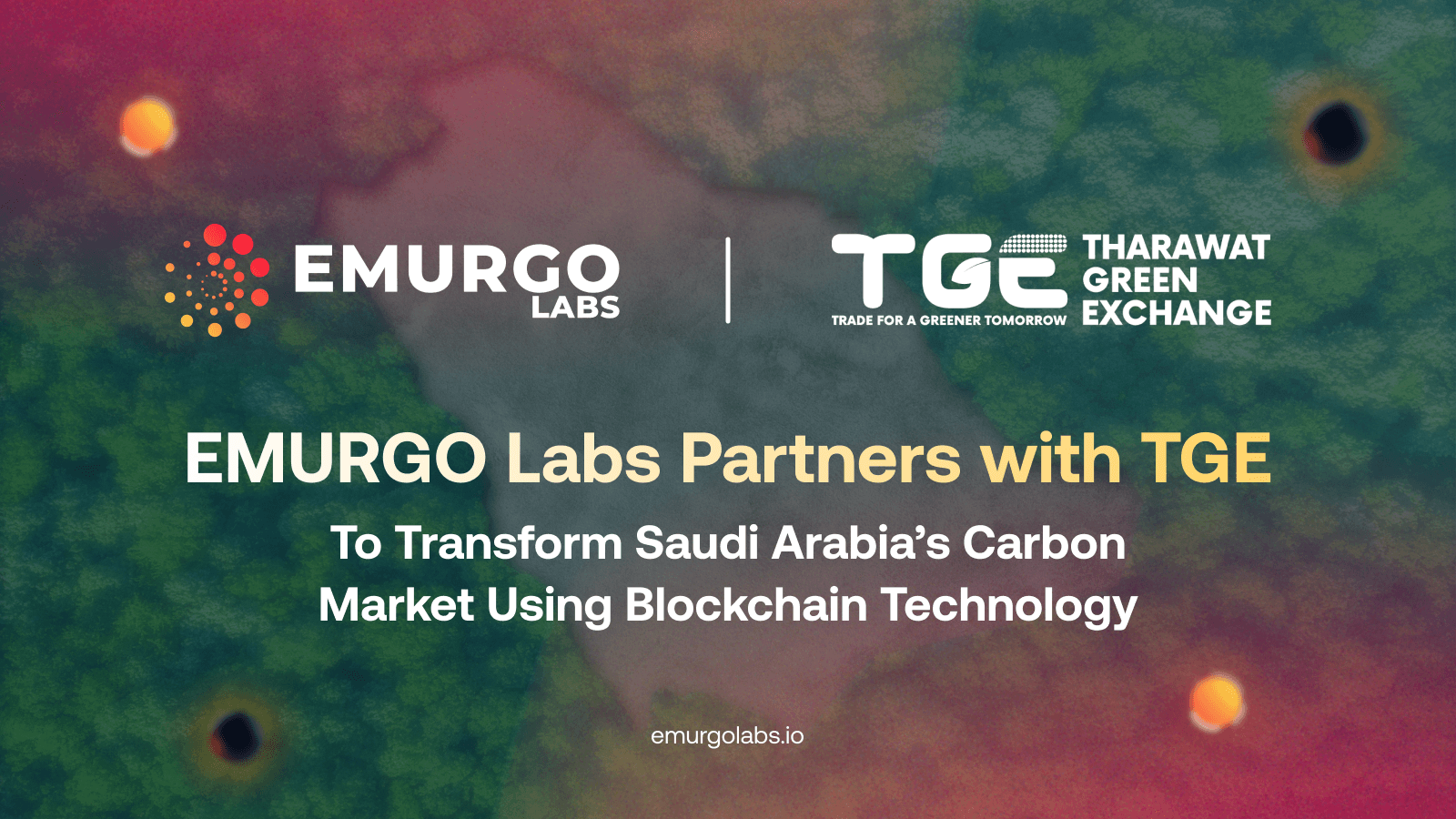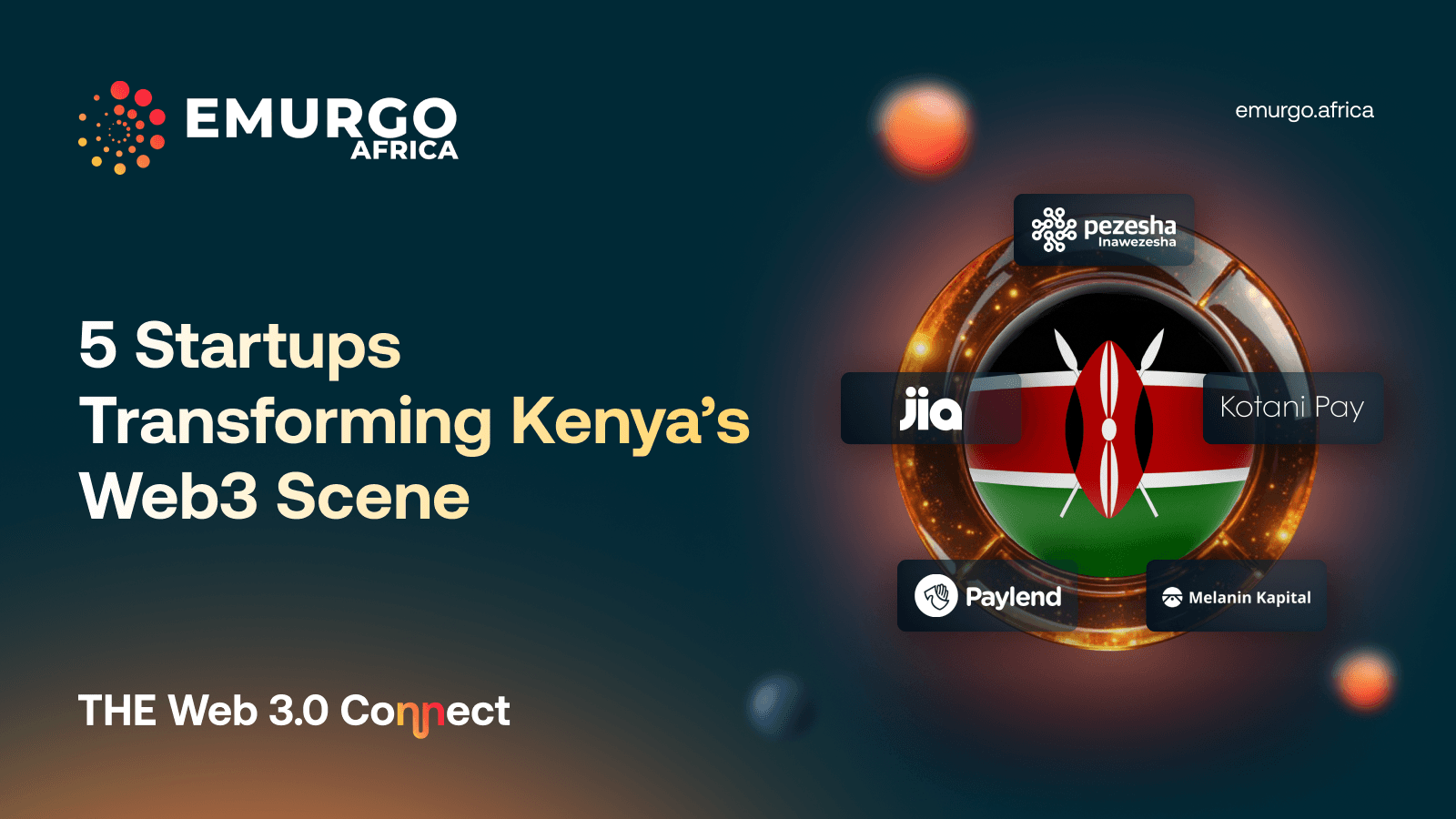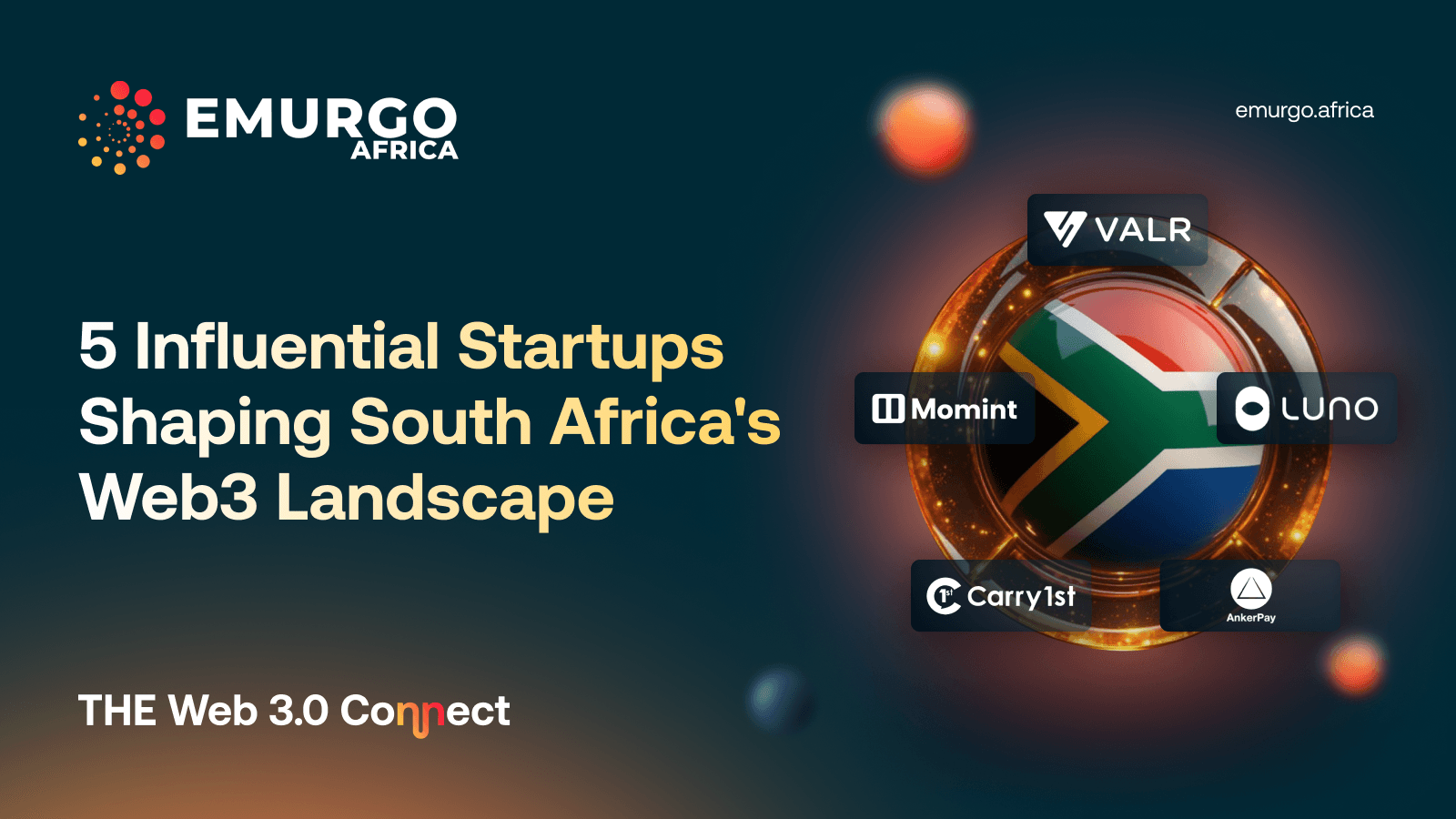Thank you for visiting our blog post! 🪅🎀
In this post, we explore how international organizations and non-profit organizations (NPOs) are collaborating to promote digital ID and DID solutions across Africa. Get ready to be inspired by the work of these organizations and the transformative projects they're driving in the digital identity landscape. 🦧💫
Blog posts related to this post:
・Download Full Report: Effect of Digital ID and Role of Decentralized ID (DID) in Africa
・Digital ID and DID Projects in Africa I: Telecom Companies
・Digital ID and DID Projects in Africa II: Startup Companies
・Interview: Lohan Spies, Founder and CEO of DIDx, Discusses the Empowerment Enabled by Decentralized ID and Its Impact in Africa
Hope you enjoy reading the articles 😌🥝
International Organizations and NPOs
International organizations and NPOs in Africa play instrumental roles in fostering digital ID and decentralized ID adoption across the continent. They often collaborate with local governments and grassroots organizations to facilitate access to identity verification solutions, especially in underserved and marginalized communities. Their efforts help bridge the gap between technology adoption and social inclusion, thus contributing significantly to the digital transformation of Africa and enhancing access to essential services for its diverse population.
Identification for Development (ID4D)

Year: 2018-present, Blockchain: No, Lead Organization: World Bank, Partners: Bill & Melinda Gates Foundation, UK Government, French Government, Norwegian Agency for Development Cooperation (Norad), and Omidyar Network.
Description: The ID4D project led by the World Bank is an initiative aimed at providing inclusive and trusted digital identification. This project is designed to unlock opportunities for the world’s most vulnerable populations. In 2022, ID4D and Government-To-Person Payments (G2Px) advanced understanding and provided support for inclusive and trusted identification and digital G2P payment systems. They focused on meeting country needs, gathering evidence, and shaping digital public infrastructure agendas. They engaged with civil society and aided 57 countries in enhancing ID and civil registration ecosystems. G2Px also expanded digital G2P payment efforts in 38 countries.
Resources:
(1) World Bank ID4D Website
(2) ”The 2022 ID4D and G2Px Annual Report” by World Bank
(3) ID4D Country and Regional Engagement | ID4D
(4) ID4D Global Dataset | ID4D
Dignified ID (DIGID)

Year: 2019-present, Blockchain: Yes, Lead Organization: Norwegian Red Cross, Norwegian Church Aid (NCA), Save the Children Norway, Norwegian Refugee Council (NRC), Partners: Innovation Norway, International Federation of Red Cross and Red Crescent Societies (IFRC), Kenya Red Cross Society, Uganda Red Cross Society, Save the Children Kenya
Description: The Dignified Identities in Cash Assistance (DIGID) project uses blockchain technology to help vulnerable people without official ID get cash aid. DIGID introduces self-sovereign identity, granting individuals control over their data, particularly in humanitarian contexts. To manage beneficiaries and programs, the project uses the RedRose system, which lets people register on their mobile phones. The system uploads data to RedRose, where it's checked and approved. After approval, the information goes to the DIGID system created by Gravity on top of Tezos blockchain. This system makes digital wallets and IDs for each beneficiary using details like name, location, age, and a photo.
Figure 1. Kenya Red Cross Society (KRCS) Systems Integration

source: ”Dignified Identities in Cash Assistance: Lessons Learnt from Kenya” by CashHub
Resources:
(1) DIGID Reports | Humanitarian Innovation Platform (HIP)
(2) Gravity’s DID Protocol, Built on Tezos, To Power DIGID Project in Kenya | Gravity
(3) “Dignified Identities in Cash Assistance: Lessons Learnt from Kenya” by CashHub
Digital ID for Refugees in Uganda

Year: 2022-2023, Blockchain: Yes, Lead Organization: Mercy Corps Ventures, Partners: Coinbase Giving, CryptoSavannah
Description: In 2022, Mercy Corps Ventures and Coinbase have launched a pilot project in Uganda, aiming to assist 35,000 refugees, focusing on enhancing financial inclusion for refugees and host communities. It includes the creation of secure digital IDs using blockchain technology, providing a reliable means of identification, and enabling crypto transfers for aid distribution, granting refugees more autonomy and flexibility in managing their finances. This initiative builds on Mercy Corps' experience in delivering cash assistance, aiming to empower historically underserved individuals in refugee contexts.
Resources:
(1) Blockchain enabled digital ID and crypto transfers for 35k refugees in Uganda | Mercy Corps Ventures
(2) Mercy Corps & Coinbase Uses Technology to Support 35,000 Ugandan Refugees | InsideCharity
Yoma Project

Year: 2022-2023, Blockchain: Yes, Lead Organization: UNICEF Eastern and Southern Africa Regional Office (ESARO) and Generation Unlimited (GenU), Partners: UNDP, GIZ, Generation Unlimited, RLabs, Fondation Botnar, Austrian Development Agency, Goodwall, atingi, African Coding Network, Umuzi, University of Geneva, DiDx
Description: The Yoma Project is a digital marketplace designed to empower African youth as they transition from learning to earning. It offers a self-directed learning journey for young people, with over 250,000 already benefiting in Nigeria and Burundi. The platform verifies their achievements and growth using blockchain, creating a digital CV that can be shared with peers and employers to improve employability. Youth earn digital tokens for engagement, which can be used for local services and accessing opportunities like mentorship. Yoma aims to reach 3 million young people.
Resources:
(1) Yoma Africa Website
(2) The Digital Marketplace Yoma | European Commission
(3) YOMA | Generation Unlimited
Kiva Protocol

Year: 2018-2022, Blockchain: Yes, Lead Organization: Kiva, Partners: Rippleworks, Dell Foundation, Skoll Foundation, Cisco Foundation, Amazon Web Services, World Bank, CABEI, UNDP, UNHCR, UNCDF, IFC, ID2020, Digital Public Goods Alliance
Description: Launched by Kiva in 2018, the Kiva Protocol aimed to tackle financial sector challenges by providing an open-source platform for sharing identification and financial data. It played a crucial role in Sierra Leone, where the National Decentralized ID was developed on top of Hyperledger Indy, Aries, and Ursa blockchain. It served as a "digital public infrastructure" that allowed financial institutions, government agencies, and organizations to securely share verifiable data, reducing operational costs and improving access to services, especially for the unbanked. The protocol utilized a decentralized architecture, granting individuals digital wallets for holding their identification credentials. However, as of June 30, 2022, Kiva has discontinued the operations of the Kiva Protocol.
Resources:
(1) Kiva Protocol Website
(2) Kiva Protocol | Kiva
(3) Kiva sets up Sierra Leone blockchain ID system | Ledger Insight
Thank you very much for reading this post🌴🪗
For downloading the full report, visit this page.
Follow EMURGO Africa for more information

EMURGO Africa invests and supports local Web3 projects in the region to adopt Cardano’s decentralized blockchain technology to build socially impactful solutions.
As a regional entity of EMURGO, the official commercial arm of Cardano, EMURGO Africa also runs a local Cardano accelerator in Africa, Adaverse, which accepts applications year-round.
For more up-to-date information on EMURGO Africa, follow the official channels listed below.
About EMURGO Africa
- Official Website: emurgo.africa
- Twitter: @EmurgoAfrica
- Telegram: https://t.me/emurgoafrica



